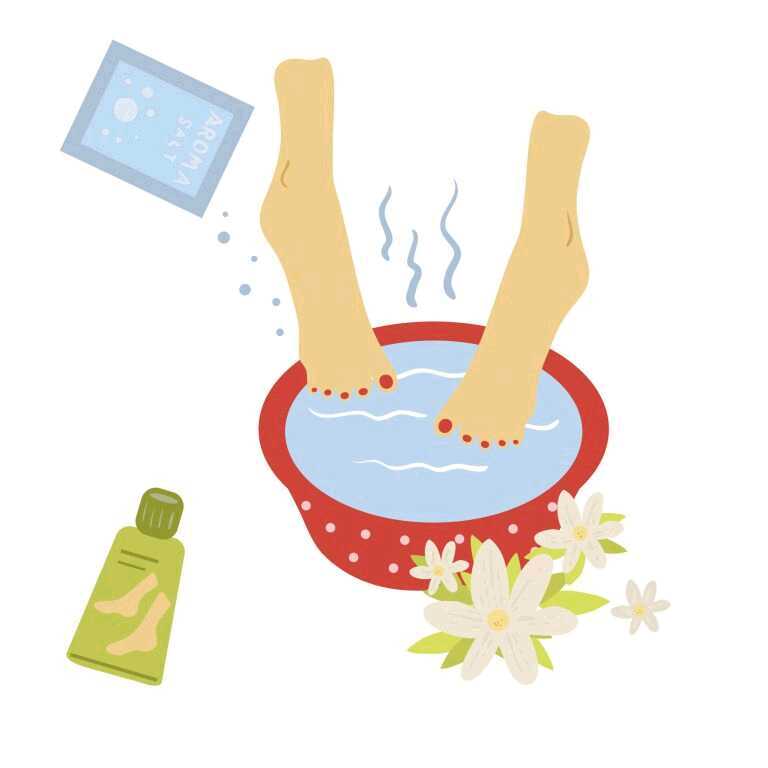
Epsom salt foot soaks are often encouraged for people with achy, tired feet. It is frequently used as a method to soothe aching muscles as well and may be added to a bath for pain relief. Some men and women even use Epsom salt as a source of magnesium supplementation.
All of these uses are wonderful in their application, so why is Epsom salt not recommended for diabetes patients? This is due, in large part, to neuropathy and a lack of substantive proof that Epsom provides enough magnesium.
What is Epsom salt?
Epsom salt is a mineral compound whose scientific name is magnesium sulfate. Although it would seem that this alone is enough to warrant using it as a magnesium supplement, this particular format of magnesium is not easily absorbed. The “salt” is not actually salt, but a mineral with a texture similar to that of table salt.
 Epsom and Diabetes
Epsom and Diabetes
Epsom salt itself, while not an effective supplementation protocol, is not the greatest concern; instead, regular foot soaks are the real problem. For individuals without diabetes, a foot soak is a simple treat at the end of a long day. When diabetes is involved, however, a foot bath could lead to severe infection.
A foot soak poses several problems, including the risk of drying feet out, compounding circulatory issues, and causing burns. Because diabetes increases the risk of developing neuropathy, the nerves in your feet and legs may not be functioning well enough to register dangerous temperatures which can cause burns.
Neuropathy can also lead to an increased risk of dry, cracked feet and heels. Although this may seem to be a simple comfort or aesthetic problem, cracked feet can lead to serious infection. Because diabetes is often accompanied by poor circulation, your body cannot fight infection as effectively as those without diabetes—particularly in your legs and feet. What began as a simple heel crack could quickly turn into an open wound inches deep, resulting in gangrene or even necrosis.
 Epsom Alternatives
Epsom Alternatives
If you were enlisting the help of Epsom salt for magnesium supplementation, consult with your doctor for an oral or topical magnesium supplement, instead, as these are more readily absorbed in the body. If you are seeking a relaxing ritual for your feet, a simple massage using coconut or sesame oil is a safer alternative, and serves the dual purpose of improving circulation and moistening your soles.
ReferencesHealthline. Accessed 5/3/17.
Medical News Today. Accessed 5/3/17.
